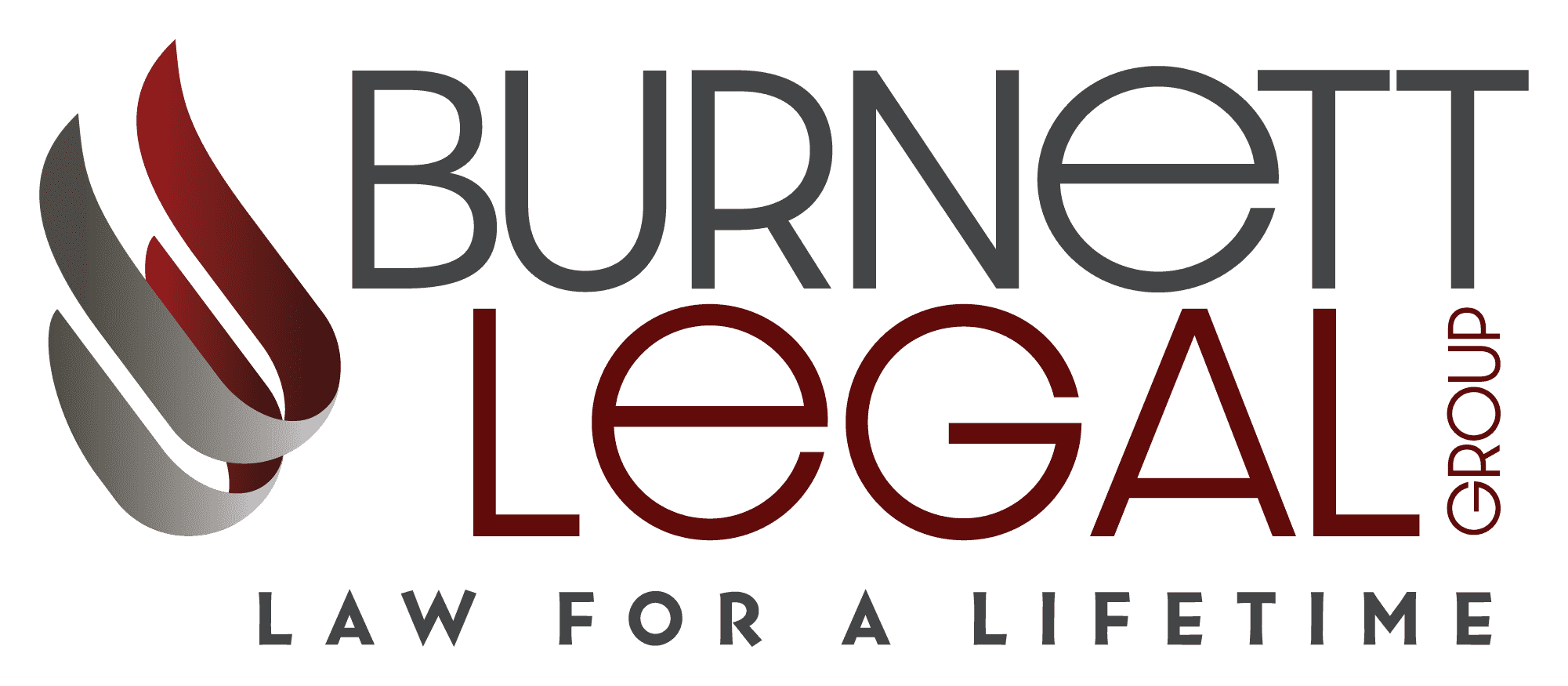A trust can be a valuable tool in your estate planning. Why are they so valuable? Trusts give you the ability to avoid probate, allowing you to transfer assets and provide for beneficiaries without court supervision. A trust sets up a legal relationship between the trustee and the beneficiary in which the trust assets are administered according to the trustmaker's instructions.
Reasons to set up a trust:
· To make provision for minor children
· To provide for other family members who are unable to handle their own financial matters
· To provide for yourself in the event you become either physically or mentally incapable of handling your financial matters.
· To reduce estate taxes
· To avoid probate
Revocable living trusts are used by estate planning attorneys to accomplish a variety of objectives. Although these revocable living trusts avoid probate and greatly reduce the cost of administration, there are still certain formalities, legal in nature, which should be followed. Post-death trust administration typically includes some of the following actions:
· Communicate with beneficiaries of the trust.
· Apply for tax identification number with Internal Revenue Service for purposes of filing any applicable trust income tax returns.
· File the decedent's final tax return on Form 1040, and any applicable post-death income tax returns on Form 1041.
· Determine Federal and State estate or inheritance tax obligations, if any.
· Determine and pay, if appropriate, decedent's debts and administration expenses.
· Divide and distribute (or retain in trust) the trust assets to beneficiaries
· Provide accounting to trust beneficiaries.
A revocable trust is designed to ensure that your estate can be administered as simply as possible. However, as you can see, there are a variety of post-death administrative steps and procedures. Professional legal help will usually be warranted to make sense of all of the hurdles that come with the establishment of the trust. Call Burnett Wilson Law at (402) 810-8611 or contact us online to schedule a free consultation.
References: "Trust Administration" by Lindsay Leonard - March 12th, 2013 and "Trust Administration" by Kohn Shands Elbert

